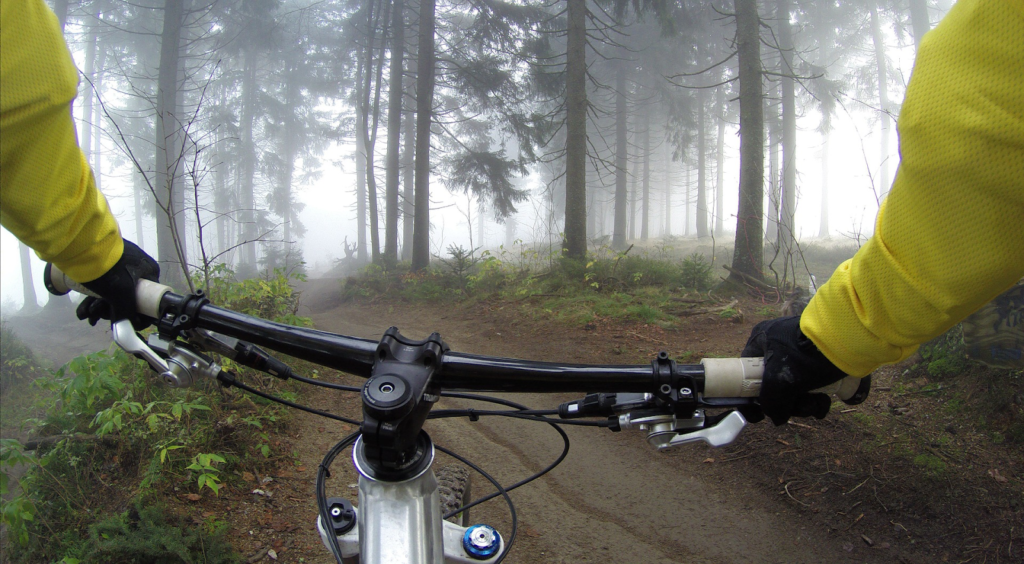Bikes, Hikes, and Prep Done Right

When you’re gearing up for your first biking expedition, you’ll have to plan ahead if you want the outing to be a success. It doesn’t matter if you’re mountain biking or riding long distance, your preparations will make all the difference.
Start with scoping out the area
Livestrong suggests your first course of action is to get a map of the course. This will give you the opportunity to know which type of riding you’ll need to focus on and the technical and physical skills required to finish the race.
If you aren’t planning on riding in a biking event and have instead opted to take your bike to the mountains for an extended excursion, you’ll still need to scope out the area. One great way to do this is by planning a camping trip. You can make this a mini vacation and take your entire family—your dog included. A word to the wise: if you are traveling with the dog, make sure he is welcome in the area, and you are fully equipped to handle his needs at your campsite. Bring a camera to document your proposed trails, and always let someone know where you’re going and when you plan to be back.
Prep your body
Active.com contributor Josh Horowitz asserts that your body needs three months of training before tackling a major cycling event. This will include changing your diet to provide sustainable energy for long tracks. You will also need to gradually acclimate yourself to physically being on your bike for hours at a time. If you’re training over the winter and riding is impossible, invest in a bike trainer as opposed to working out on a stationary bike, which won’t offer the exact settings and gears you’ll need to get used to.
There are a number of exercises that will help you train your leg muscles, including lunges, squats, and deadlifts. Sprint training is also necessary as is riding outdoors in the days and weeks leading up to the event.
Regardless of your perceived health, you should always speak with your primary healthcare provider before attempting an extreme cycling event. He or she can perform a complete examination to ensure you are physically capable of participating. Never attempt an endurance event if you have unexplained aches and pains or have recently recovered from a significant injury to the joints, muscles, or spine.
Prep your mind
Mental preparation begins by being real with yourself. If you’ve never competed in a race before, you need to be prepared for the fact that you likely won’t come in first of even 50th. And that’s okay. Get organized and make sure you have your accommodations secured well in advance, which will go a long way toward relieving stress. Road Cycling UK notes that you’ll also need to learn how to overcome your nerves, excitement, and fears so you don’t deplete your adrenaline stores before your feet hit the pedals.
Prep your gear
Obviously, if you don’t already have a bike for your type of racing or excursion, you’ll need to acquire that sooner rather than later. Additionally, you’ll need a helmet, lights, gloves, and appropriate clothing. If you’re mountain biking, you’ll need to invest in a fix kit and dropper post. Other essentials include water, energy-sustaining snacks, a cell phone, and a multitool. BikeRadar.com lists several other items that many professional mountain bikers wouldn’t be caught cycling without.
When camping prior to a biking event, you will also need to plan for outdoor gear (tent, food, hiking shoes, sleeping bags, etc.) and check local weather conditions as well as recent wild animal sightings, the latter of which is most important if you’re traveling with a pet or small children.
With a little foresight—and a lot of hard work—your biking excursion will be a success. Remember, you don’t have to finish first to be a winner. If you’ve had fun and overcome personal challenges along the way, you’ve already had your victory.
Image via Pixabay
